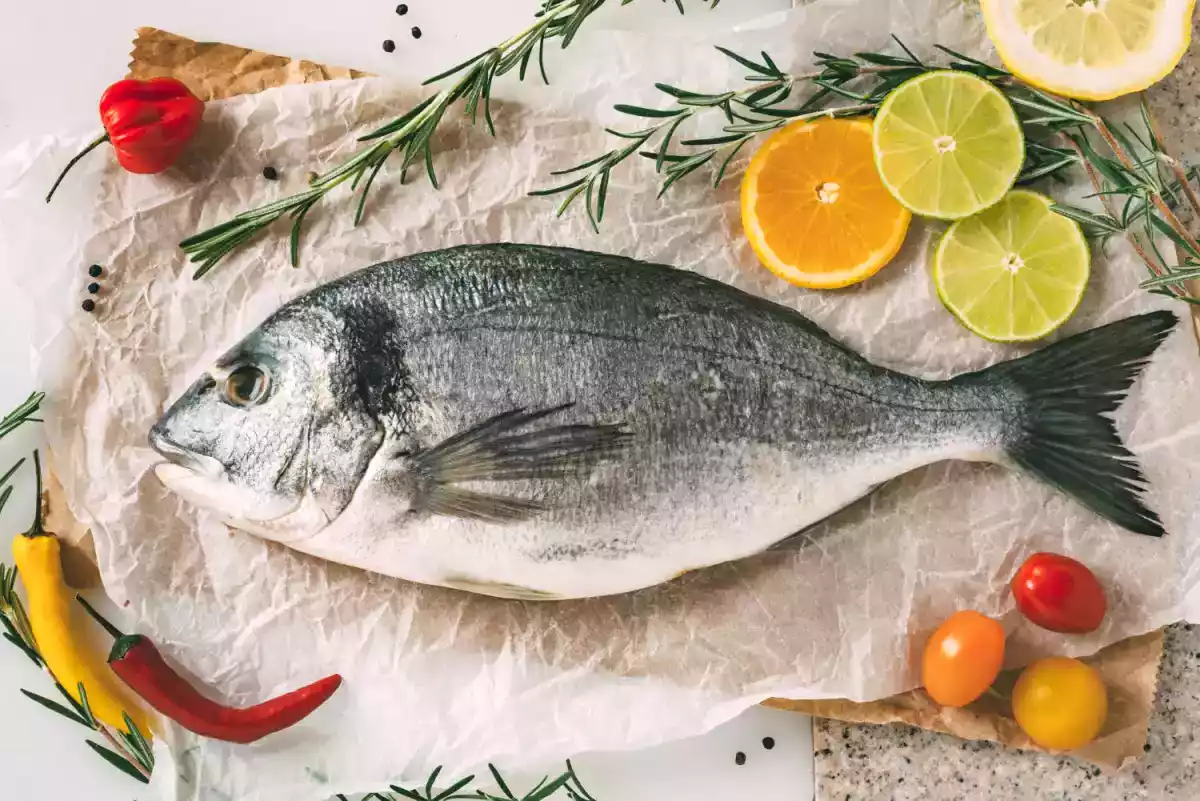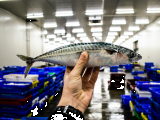8 Fish to Avoid: Make More Responsible Choices for Your Health and the Environment
Friday 24 January 2025 08:46 - Mirella Mendonça

Fish consumption is widely promoted as a healthy choice, as it is rich in protein, omega-3 and essential nutrients. However, not all fish are good choices. Some should be avoided for reasons of environmental sustainability, contamination by heavy metals and other pollutants, or destructive fishing practices. Here are eight fish that you should think twice before consuming:
1. Shark
- Reason to avoid: Sharks are at the top of the marine food chain, which makes them susceptible to the accumulation of heavy metals such as mercury. In addition, many shark species are threatened by overfishing, including the cruel practice of finning.
- Environmental impact: Shark fishing affects the balance of marine ecosystems, as they play an essential role in controlling populations of other species.
2. Bluefin tuna
- Reason to avoid: This fish is highly prized on the international market, especially in Japanese cuisine. Intensive fishing has driven several species of bluefin tuna to the brink of extinction.
- Environmental impact: Unsustainable fishing practices and the use of trawls also impact other marine species, such as turtles and dolphins.
3. Swordfish
- Reason to avoid: Like shark, swordfish accumulate high levels of mercury due to their position at the top of the food chain. Frequent consumption can cause health risks, especially for pregnant women and children.
- Environmental impact: Swordfish fishing in some regions still uses harmful methods, such as driftnets, which result in a large incidental catch.
4. Mackerel (large species)
- Reason to avoid: Although mackerel is rich in omega-3, larger species such as king mackerel have high levels of mercury.
- Environmental impact: Large-scale fishing can threaten local mackerel populations, especially in areas where there is overfishing.
5. Panga
- Reason to avoid: Panga, widely consumed because it is cheap, is generally raised in intensive aquaculture conditions in Southeast Asia. These farms often use practices that lead to contamination by antibiotics and pollutants.
- Environmental impact: Panga farming conditions have significant ecological consequences, such as the pollution of local rivers and estuaries.
6. Farmed salmon
- Reason to avoid: Although a popular choice, farmed salmon often contains high levels of pollutants, such as dioxins and pesticides used on farms. In addition, the color of salmon is artificially enhanced with food dyes.
- Environmental impact: Salmon farms can cause local pollution and introduce diseases into wild populations.
7. Atlantic cod
- Reason to avoid: Atlantic cod stocks have already been severely exploited, and some are still recovering slowly.
- Environmental impact: Cod fishing is associated with the use of methods such as trawls, which devastate the seabed and catch non-target species.
8. Tilapia from unregulated production
- Reason to avoid: Tilapia from farms that don't follow environmental regulations can contain high levels of antibiotic residues and other contaminants.
- Environmental impact: Unregulated production often leads to the destruction of local aquatic habitats and environmental pollution.
How to make conscious choices?
- Look for certifications: Choose fish with sustainability seals, such as MSC (Marine Stewardship Council) or ASC (Aquaculture Stewardship Council).
- Prefer local species: Research fish from your region that are caught or farmed sustainably.
- Avoid endangered species: Consult sustainable consumption guides, such as those provided by environmental NGOs.
- Vary your consumption: Reduce the pressure on popular species by opting for less exploited alternatives.
Consciously consuming fish is essential for both human health and the preservation of marine ecosystems. Small changes in food choices can have a significant positive impact on the planet.
Read also:
 Mirella Mendonça
Mirella MendonçaI am the editorial manager at Petitchef (Portugal and Brazil) and a huge enthusiast of travel and world cuisine, always in search of new flavors and experiences. However, as much as I love exploring the delights of different cultures, my mom's cooking will always be my favorite — with that unique flavor that only she can create.


Comments